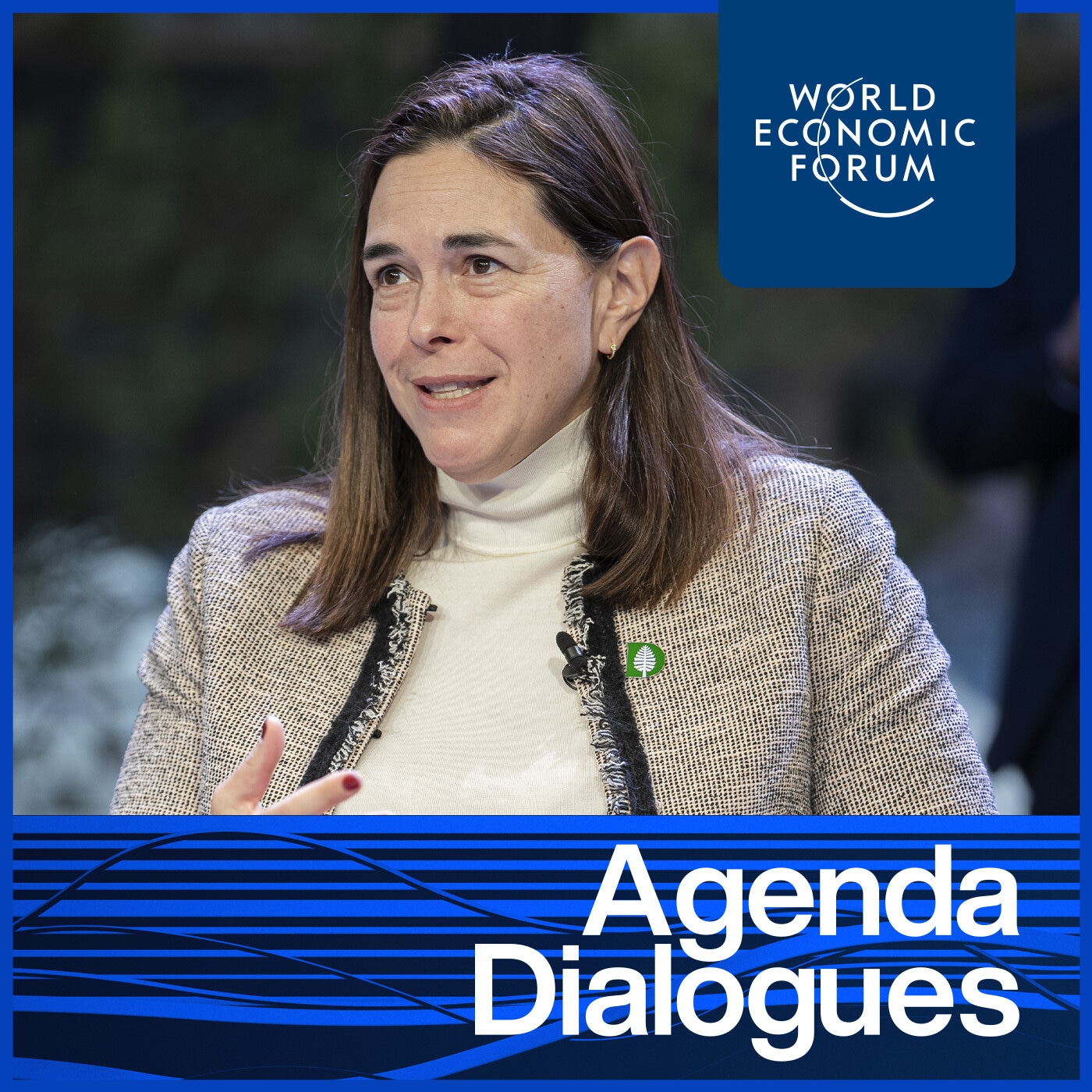Can you speak human?
Stay up to date:
Hyperconnectivity
Many leaders fail not because they do not have good intentions or because they do not have the right professional experience, but because they have forgotten how to “speak human”.
As part of the World Economic Forum’s Global Leadership Fellows programme, I spent the past two weeks with my fellow cohorts at the University of Pennsylvania’s Wharton Business School and Columbia University’s Mailman School of Public Health and Earth Institute studying complex or “wicked problems”.
During this time, we had the opportunity to work with several of the most esteemed professors of business, epidemiology, economics, seismology, sociology and urban planning to dig deep into the multifaceted and dynamic nature of several of these “wicked problems” that the world is facing, including climate change, the rise of non-communicable diseases, global economic crises and youth violence.
As we studied one wicked problem, youth violence, which needs to be addressed within the context of educational opportunities, public health systems, economic development as well as democracy and human rights, the enormity of “speaking human” became evident.
In our first week at Wharton, we visited the Philadelphia Mural Arts Program, which over the past three decades has co-created over 3,000 public art projects in downtrodden neighbourhoods and marginalized communities across the city. Riding through the streets of Philadelphia, my head was swimming with the facts and frameworks I learned in the classroom. It was then that the words of one particular mural focused on youth violence, drug addiction and broken families called out to me: “Can you speak human? This wall is my voice. It speaks volumes.”
I thought about how dehumanizing it must feel to be a problem that needs to be solved. Education may make us better prepared for coming up with technical solutions, but rarely does it make us better prepared to tackle the human aspects of solution building.
One evening, the Columbia School of the Arts, hosted a private screening with the director and main character of the award-winning film, The Interruptors, which focuses on gang violence in Chicago. The film is unique in that it presents violence in the way most people prefer not to understand it: as a part of everyone who is human. Violence is both a learned behavior and an epidemic. People exposed to violence are not aware they “contracted it,” but it nonetheless becomes their behavior. Violent people do not see themselves as evil, but as people with limited options and opportunities. To speak human is to understand people’s frame of mind when they think that violence is the way, and to work with them to open up other alternatives and better opportunities.
Another evening, the Columbia School of the Arts organized a private production of Theater of War, which stages Shakespeare’s play Sophocles for war veterans as a means to help heal the “moral injury” wounds and post-traumatic stress they carry with them for the months, years and decades after they have left the combat zone. From this, we learned how honor and shame are inextricably linked for many veterans; they served their country to save lives, but they themselves live with the painful flashbacks of the damage they caused to others and for fear of their own life.
As one veteran put it, “People may have done things wrong, but that doesn’t mean they do not need help. We need to figure out how to honour the lives of these public servants without honouring the violence they committed.”
There are no easy answers when it comes to war, climate change or other wicked problems. But, it is the responsibility of leaders to ask the tough questions and to offer a dignified life to all human beings regardless of their past. With that, you can begin to speak human.
Abigail Noble, a Global Leadership Fellow, is Head of Latin America and Africa for the Schwab Foundation for Social Entrepreneurship and leads the World Economic Forum’s work on Impact Investing. Last year she wrote about the Global Leadership Fellows programme at the Columbia School of the Arts: https://agenda.weforum.org/2011/07/making-space-for-leadership.
Pictured: The mural photographed in Philadelphia that inspired Abigail Noble.
Don't miss any update on this topic
Create a free account and access your personalized content collection with our latest publications and analyses.
License and Republishing
World Economic Forum articles may be republished in accordance with the Creative Commons Attribution-NonCommercial-NoDerivatives 4.0 International Public License, and in accordance with our Terms of Use.
The views expressed in this article are those of the author alone and not the World Economic Forum.
Related topics:
Forum Stories newsletter
Bringing you weekly curated insights and analysis on the global issues that matter.
More on Education and SkillsSee all
Rachmat Pambudy
May 1, 2025
Shuvasish Sharma and Ximena Játiva
May 1, 2025
Ricky Li and Ximena Játiva
May 1, 2025
Ana Mahony
April 30, 2025
Ronit Avni
April 28, 2025





